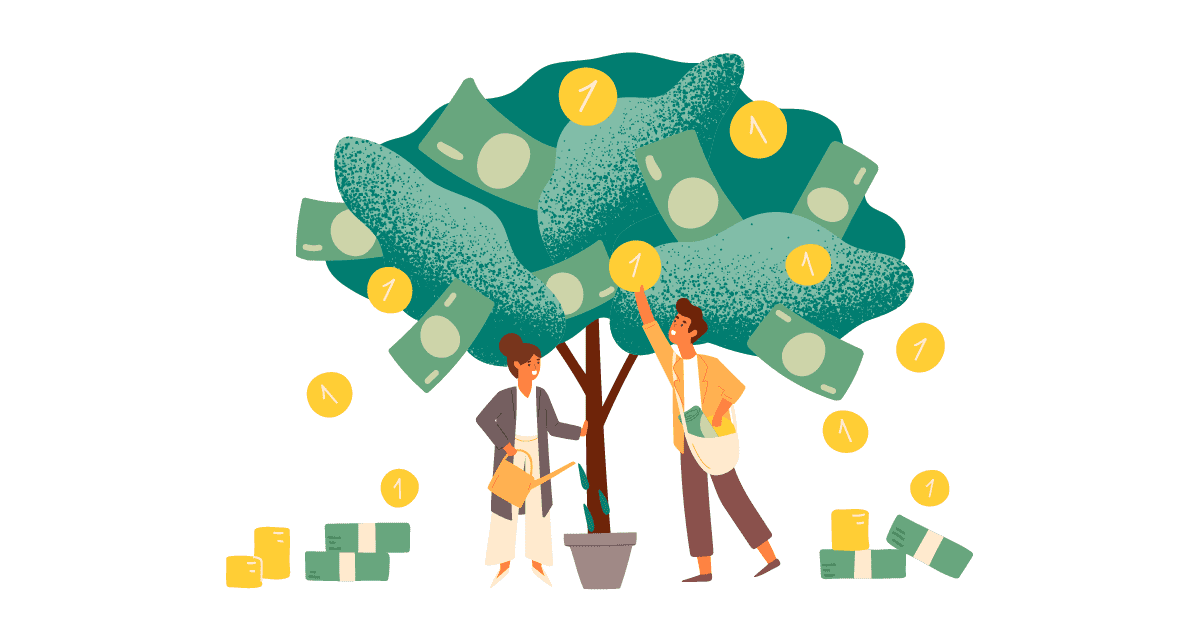- Guest Contributor
- April 23, 2021
You’ve probably heard a people mention refinancing a loan. It’s usually mixed in with talk about how the rates are low right now, or terms like “cash out refi.” But what does that really mean, and why would you want to refinance a loan? Even if you could do it, should you? Fortunately, there are plenty of ways to discover whether a loan refinance would be a good choice for your particular situation. Here are the basics about refinancing loans, so you can decide if it might be right for you.
What Does it Mean to Refinance a Loan?
Refinancing a loan means taking your existing loan and paying it off with a new loan, often at a better interest rate or other terms that are more favorable to your financial situation. Most people do this with a mortgage loan when interest rates drop. You might also refinance your loan by using the equity in your home to get cash. You’ll have a larger payment or a longer period of repayment, but you can use the cash to pay off other debt, travel, remodel your home, or just spend on something you want or need. Refinancing typically comes with closing costs, but can still be well worth it.
How Do You Refinance a Loan?
There are two common ways to refinance a loan. One of them is by working with your current lender to refinance the existing loan you have and give you a better one. The other way is to work with a completely different company to get a better loan. Then that loan will be used to pay off the one you already have. Either way, you’re refinancing. A good credit score, a record of on-time payments, and a good debt-to-income ratio are the kinds of things a lender will look for, along with steady employment. Talking to a lender can help you know what your specific options are, as every situation can be different.
What are the Advantages of Loan Refinancing?
The biggest advantage of loan refinancing is saving money. It’s possible for some people to save hundreds of dollars each month, depending on the size of their loan payment and the difference in interest rate between the old loan and the new one. Refinancing a loan can be a very smart financial move when it’s done right. Another advantage could be a shorter term for repayment, such as going from a 30-year mortgage to a 15-year mortgage on your home.
If you plan on refinancing a loan or you’re just considering it and have more questions, your bank or lender is your next stop. If you have a loan on your home, car, or anything else, the lender who holds that loan may be able to help. You can also consider refinancing your loan with a different company, which could potentially save you a lot of money in fees and might even lead to a better interest rate. With so many lenders available today, you’re not stuck with one you don’t like or one that’s not helping you meet your financial goals. Explore your options, so you can find the refinancing deal that’s right for you.
About the Author: Michelle Dakota Beck has worked as a professional freelance writer since the 1990s. During that time she has written everything from product descriptions to full-length books. Her areas of specialization include real estate, home services, legal topics, relationships, family life, and mental health issues. You can find her on WriterAccess.










